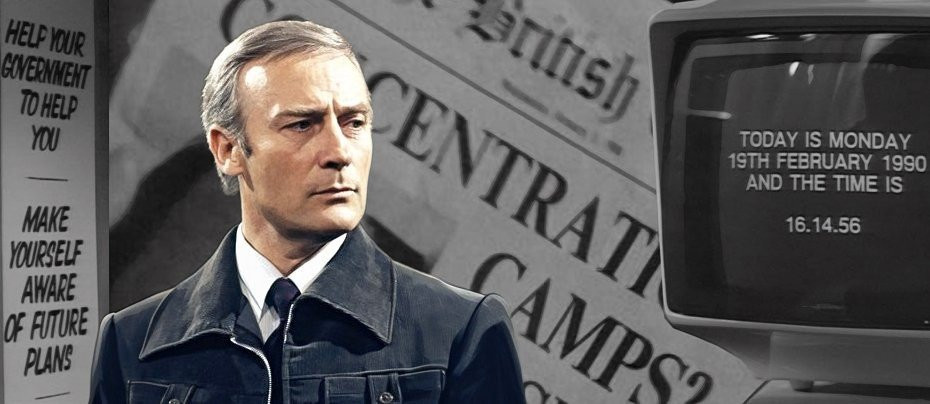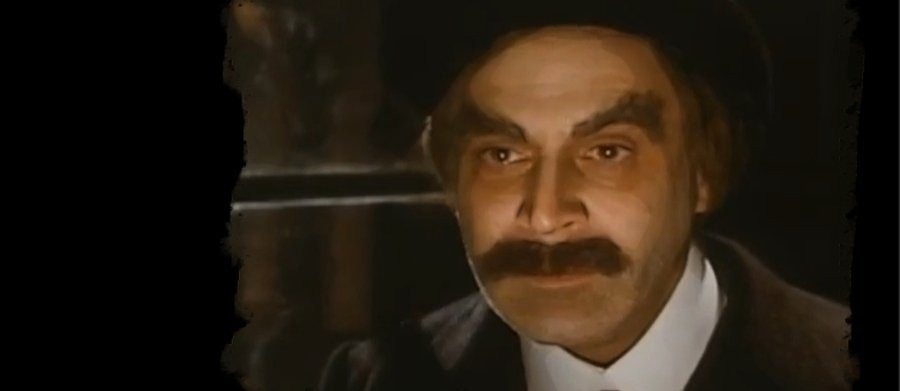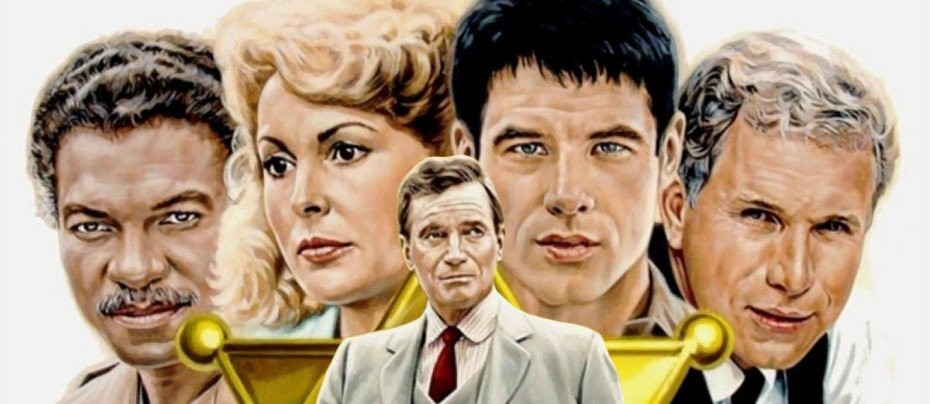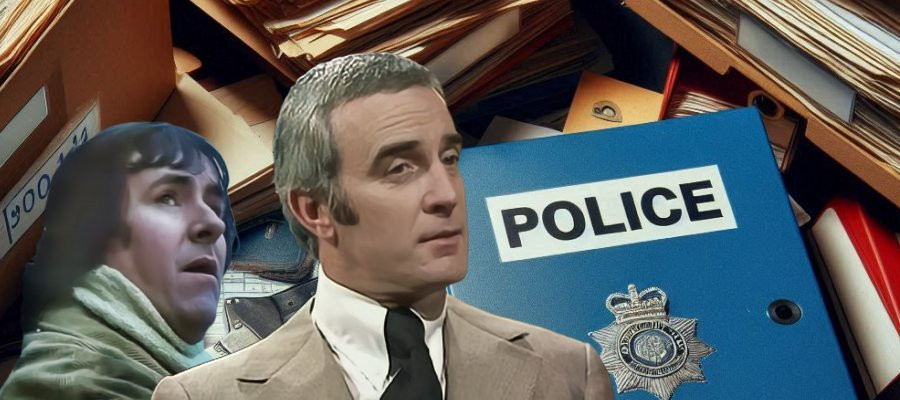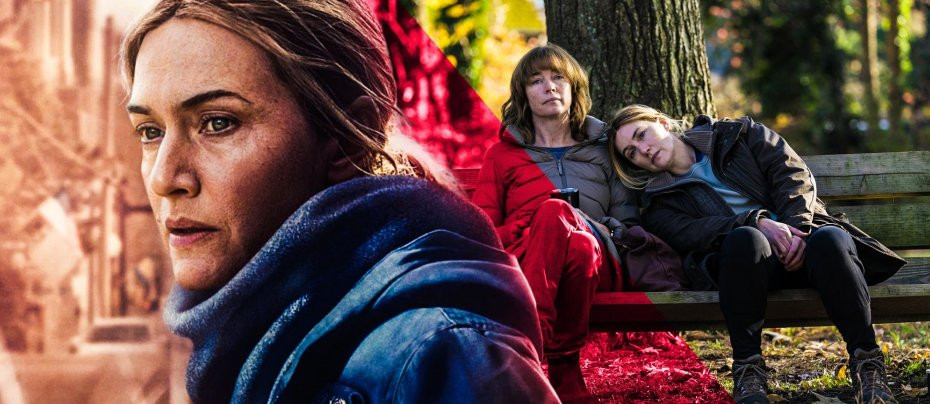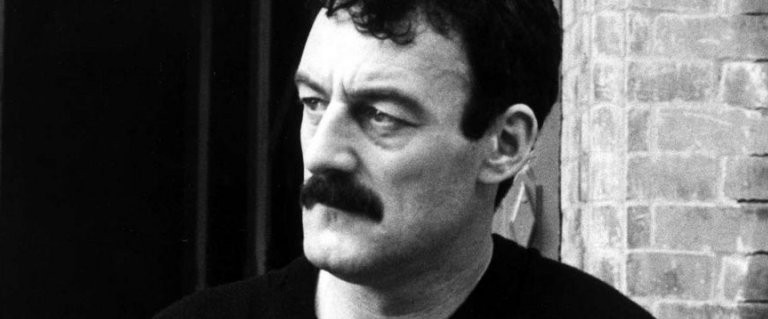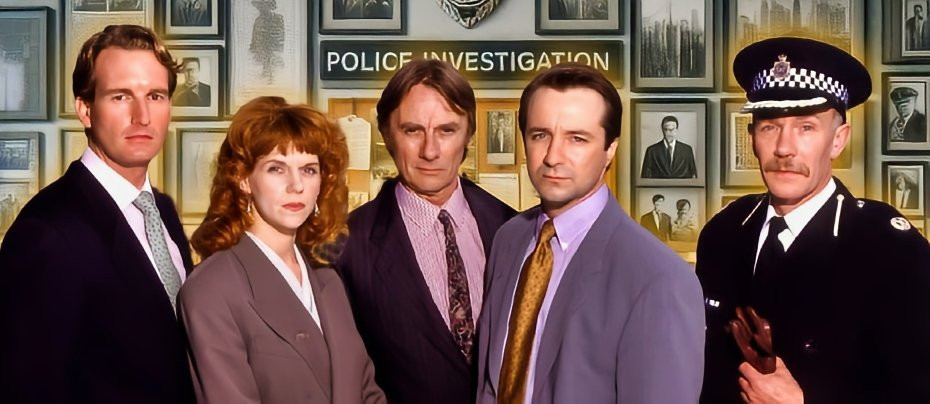
Between the Lines
1992 - United KingdomBy the 1990s, British television had become dominated by an overwhelming wave of crime dramas. Inspector Morse, Prime Suspect, Superintendent Adam Dalgleish, Cracker, A Touch of Frost, The Inspector Alleyn Mysteries, Wycliffe and The Bill all competed for primetime slots, saturating the airwaves with a range of maverick detectives, gritty police procedurals, and disturbing murder mysteries. As the decade progressed, producers were pushed to explore every conceivable angle of the genre—some more successfully than others.
Among the standout voices in this crowded landscape was J.C. Wilsher, a respected writer known for his consistently high-calibre work on The Bill. In collaboration with Tony Garnett's World Productions, Wilsher ventured into uncharted territory, creating the BAFTA Award winning Between the Lines, a thrilling new series that spanned three tense, nail-biting seasons. The show introduced a slick and sharp take on the police drama, offering a more modern, hard-hitting exploration of systemic corruption within the ranks of the British police.
The backdrop to Between the Lines was rooted in the real-world struggles of British law enforcement. Prior to the 1970s, police complaints in Britain were handled internally, with no external oversight. This inevitably led to growing public dissatisfaction as accusations of misconduct and corruption went unchecked. The landmark 1976 Police Act sought to address these issues by establishing the Police Complaints Board, an independent body tasked with reviewing allegations. But it was the 1982 Scarman Report and the subsequent formation of the Police Complaints Authority that truly began to reshape public perception of police oversight, providing the fertile ground for the series to flourish.
Often nicknamed Between The Sheets owing to some of its more spicy content, the thirteen-part series took on a theme that would resonate with later crime dramas such as the twenty-teens Line of Duty: the relentless pursuit of corruption that runs deep within the police force. The series explored not only the unflinching investigation into officers engaged in criminal activities—such as taking kickbacks from drug-money laundering operations—but also the moral and ethical quandaries faced by those who must confront their own colleagues. What happens when the guardians of the law must serve as both judge and jury of their own cases?
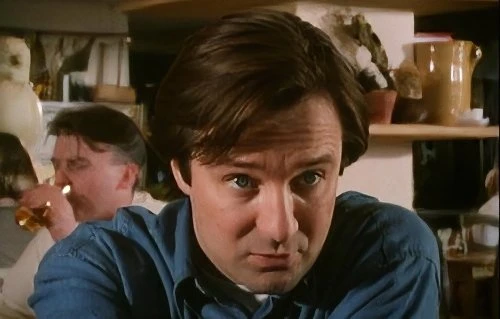
At the heart of the series was Detective Superintendent Tony Clark, played with ruthless ambition by Neil Pearson (Drop the Dead Donkey). Clark, a determined officer eager to climb the ranks, finds himself at the helm of the Complaints Investigation Bureau (CIB), tasked with rooting out corruption within his own precinct. Alongside him were the sharp, seasoned Detective Inspector Harry Naylor (Tom Georgeson - Crown Court - Juliet Bravo) and the trailblazing Detective Sergeant Maureen Connell (Siobhan Redmond, a groundbreaking character as one of the first bisexual figures in British television dramas). Together, they formed a formidable team, navigating the murky waters of the police force's internal battles.
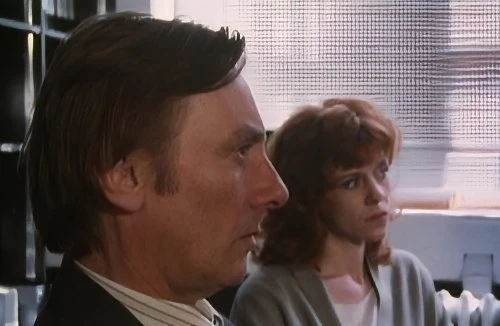
The series was a masterclass in tense, serialised storytelling, with each episode keeping viewers on the edge of their seats. The realism was unmatched, as the team went undercover, working tirelessly to collect damning evidence against their fellow officers. But the moral lines were often blurred. Corruption didn’t always present itself as a clear-cut case of right and wrong, and Between the Lines expertly wove in the moral dilemma of loyalty versus duty—a theme that became central to the characters' internal struggles. The tension between doing what was right or bending the rules to protect the public became palpable, as the boundaries between good and evil grew ever murkier.
The opening episode set the tone for the series, with the team investigating Chief Superintendent John Deakin (Tony Doyle - Ballykissangel), a hard-nosed former RUC officer from Northern Ireland. Their attempt to expose his corruption failed, setting the stage for a thrilling multi-season arc involving this persistent, almost untouchable villain. The series built on the tension that the higher the rank, the more entrenched and elusive the corruption—an atmosphere of growing danger that resonated deeply with viewers who flocked to the series in droves.
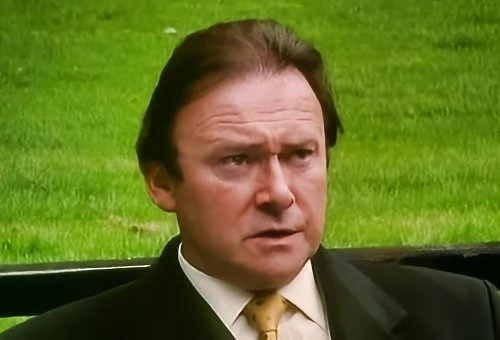
As Between the Lines progressed, the stakes reached fever pitch. In the gripping finale of the second season, a dramatic shoot-out left audiences desperate for answers. By the start of the third season, the characters had left the police force behind, instead diving headfirst into the murky world of private security, far-right politics, and international espionage. This shift in direction divided opinion. Some fans felt the show had lost its way, while others admired its audacity to evolve with the changing times, presenting its leads in new and unpredictable scenarios, far removed from the constraints of British law.
Though the third season took the show to a more extravagant, global stage, with the characters operating beyond the borders of the United Kingdom, it marked a dramatic departure from the intense, gritty realism that had made the series so compelling. Yet, for many, Between The Lines succeeded in creating something iconic: a definitive example of the police drama genre in the 1990s.
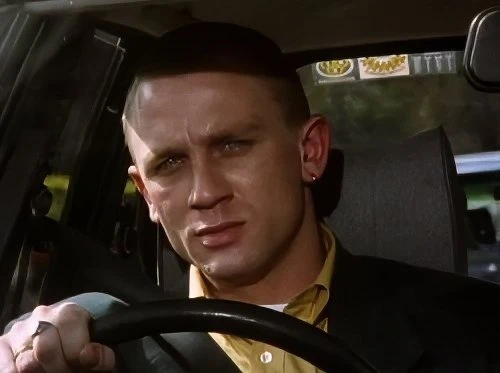
With powerhouse performances and a cast that included appearances from Daniel Craig, Pete Postlethwaite, Lesley Vickerage, Ray Winstone, Jerome Flynn, Roger Allam, David Bradley, Michael Angelis, Kenneth Cranham, Keith Allen, Nicky Henson, David Morrissey, Ian McElhinney, Francesca Annis and Bernard Hill, the show boasted high-calibre writing from J.C. Wilsher, Russell Lewis, Rob Heyland, and Steve Griffiths—ensuring it was not just a crime drama, but a benchmark for the era. The series sparked tie-in novels, a soundtrack album, and, most importantly, a lasting legacy in British television.
Between the Lines was, undoubtedly, the series that set the standard for what the police drama could achieve—a gripping and unforgettable exploration of power, corruption, and moral ambiguity.
Seen this show? How do you rate it?
Seen this show? How do you rate it?
Published on March 30th, 2025. Written by Laurence Marcus for Television Heaven.


